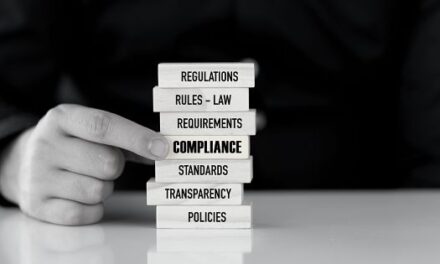It’s vital for small business owners to consider taking a break this Christmas for business and mental health and wellbeing reasons.

Christmas should be a time for celebration, but for many, it can be very stressful and overwhelming, especially for business owners. Many find themselves under increased financial pressure and therefore struggle with the decision whether they should close over Christmas or if it should be business as usual.
According to Australian Securities and Investments Commission (ASIC), the number of companies entering external administration increased by 11.2 per cent in the December quarter of 2018. And Spring says that with many Australian businesses struggling to keep afloat this year, a lot of business owners are too frightened to take a break.
Unless there is a very specific reason why your business can’t shut down, it could do more harm than good to keep your doors open. While we understand that no business owner can ever really completely switch off, scheduling a bit of downtime will reduce stress and can also improve productivity for both you and your staff.
Your clients will often take a break over the holidays as well, so it’s the perfect time for operations to come to a halt, or for you to at least maintain skeleton staff. There’s no point paying to keep everything running if you’re experiencing a quiet lull over the holiday period.
Top 5 reasons why your business should shut up shop over Christmas:
- Improve productivity and have happier employees. The week between Christmas and New Year is very unproductive for employees. They want to be at home with their families not in the office. It also gives them the chance to recharge for the year ahead – so it’s a win-win for everyone.
- Save on overheads. It costs to keep a business running, and if your customers and suppliers are likely to also be out of office, there’s no point in paying the overheads such as casual wages or contractor fees if it’s going to be really quiet.
- Technology means peace of mind. There are plenty of tools available which allow us to work from anywhere at any time, whether that’s from the beach or from a home office. That doesn’t mean you should never switch off, it just means that you can give yourself peace of mind that if something needs your attention while you’re away, you can still respond.
- Recharge and reset for 2020. The lead up to Christmas for any business can be very stressful due to increased competition, staff holidays, supplier shut down periods, cashflow headaches and unforeseen outgoings. We also have a habit of overcommitting during the holidays. And having unrealistic expectations of what can be achieved. The shutdown period is a good time to recharge, reset and prioritise for the year ahead.
- Take a pulse check. Look at carving out a few hours to do a ‘business pulse check’, and if you’re going off track you can use this time to make a plan and seek advice to set you back on the right course.
As we approach the end of the year, it’s also a good idea to take a close look at your cash flow, debt and expenses. Due to the seasonal impact on trading for most businesses, it’s important to get on the front foot now to understand how you can manage your money more wisely. And before you close the door and head off on your break, have a contingency plan in place in case of client emergencies, power outages or IT failures. Planning ahead will ensure a restful, well deserved break.
Put yourself first
It’s important to remember that as a small business owner, you shouldn’t be afraid to put yourself first at this time of year – and you should take time out to do something that makes you happy. If you don’t look after yourself and prioritise your own mental health, then you won’t be any good to your business either. The key is to not feel guilty for doing something unrelated to work.
The Blackdog Institute also shares some great advice for staying mentally well over the festive season (see here).
If you have concerns about managing the requirements of the holiday period, you should seek professional help as soon as possible. An insolvency specialist or other trusted business adviser can provide expert advice at the first signs of concern. Options do exist and it’s important to explore them before it’s too late.





















